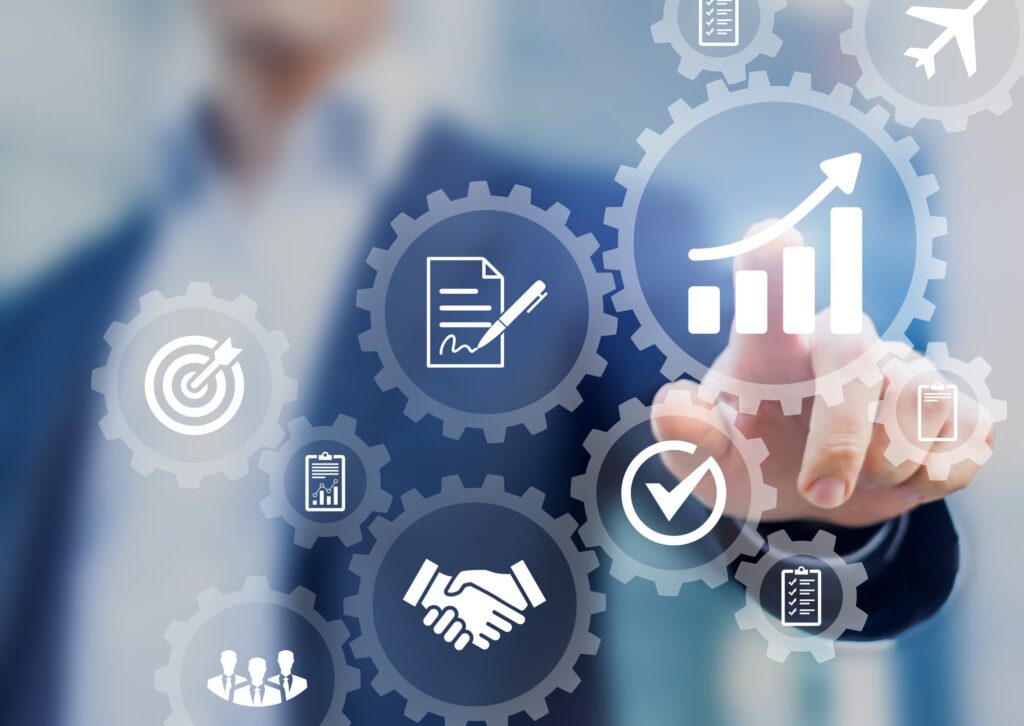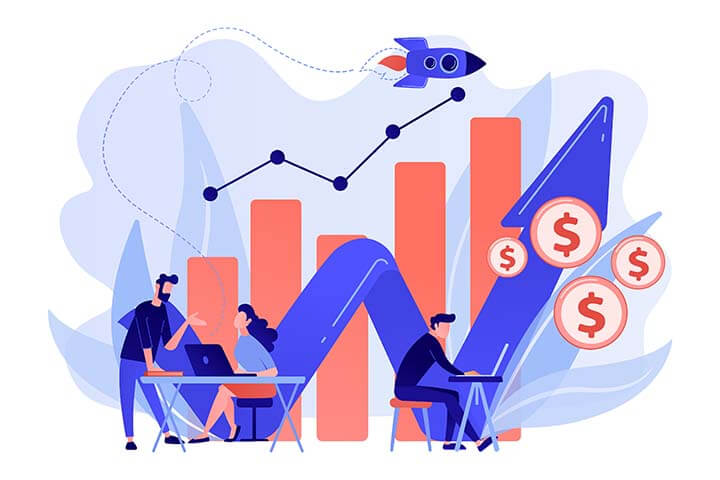What Does an ERP System Do?
What Does an ERP System Do?
In today’s fast-paced business world, managing processes efficiently is critical. An ERP system plays a central role in achieving this. But what does ERP stand for? ERP stands for Enterprise Resource Planning. It integrates core business functions like accounting, human resources, and supply chain into a unified platform. Solutions like SAP Business One empower businesses by streamlining operations and improving decision-making. Let’s explore the core functions of ERP systems and how they transform business operations.
Centralizing Business Processes

At its core, an ERP system centralizes various business functions. It connects departments and provides a single source of truth. This eliminates data silos, where each department operates in isolation. With an ERP solution, all teams access the same data in real-time. This fosters collaboration and ensures that everyone is on the same page. For instance, SAP software integrates inventory management, sales, and customer service into a seamless workflow. This allows businesses to respond to customer needs faster while optimizing internal operations.
Enhancing Financial Management
One of the most significant roles of an ERP system is improving financial management. It automates tasks like accounts payable, accounts receivable, and budgeting. This reduces human error and saves time. ERP software also generates real-time financial reports. These insights help leaders track performance and make informed decisions. For small and medium-sized businesses, SAP Business One simplifies financial operations with its intuitive design.
Streamlining Supply Chain Operations

ERP systems are crucial in managing the supply chain. They oversee procurement, inventory, and logistics in a single interface. Businesses can monitor stock levels, track shipments, and reduce waste. By providing visibility into the entire supply chain, ERP solutions ensure timely deliveries and satisfied customers. SAP software takes this further by offering predictive analytics. This feature helps businesses anticipate demand and avoid supply shortages.
Improving Customer Relationship Management
Customer satisfaction is key to any business’s success. ERP systems contribute by consolidating customer data and tracking interactions. Sales teams can access purchase history and preferences, enabling personalized service. The CRM component of ERP solutions integrates with marketing and sales functions. This ensures that all customer-facing departments work cohesively. With SAP Business One, businesses can manage customer relationships efficiently and enhance loyalty.
Facilitating Regulatory Compliance

Staying compliant with industry regulations can be challenging. ERP systems simplify this by automating compliance tasks. They track and document processes to meet regulatory standards. For example, ERP software includes audit trails and reporting features that help businesses stay compliant. This is especially important in industries with strict regulations, such as finance and healthcare.
Providing Real-Time Data and Insights
One of the most valuable features of an ERP system is access to real-time data. It collects information from across the organization and presents it in a unified dashboard. This enables leaders to identify trends, monitor performance, and make proactive decisions. SAP software offers advanced analytics tools that make data more actionable. With these insights, businesses can stay competitive in a dynamic market.
Supporting Growth and Scalability

As businesses grow, their needs evolve. ERP systems are designed to scale alongside them. They accommodate new users, additional locations, and expanded functionalities. SAP Business One is a scalable ERP solution that adapts to a company’s changing requirements. Whether it’s adding new modules or integrating with third-party applications, SAP software ensures seamless expansion.
A Step Toward Smarter Business Operations
An ERP system is more than just software. It’s a strategy for improving efficiency, collaboration, and decision-making. By centralizing processes and providing real-time insights, ERP solutions empower businesses to thrive in a competitive environment. Whether you’re a small business or an enterprise, solutions like SAP Business One offer the tools you need to succeed. Investing in an ERP system is not just about solving current challenges—it’s about preparing for future opportunities.

